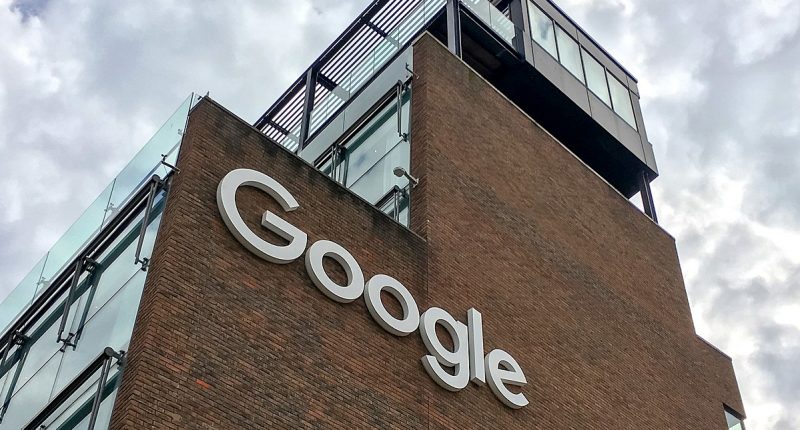The biggest US tech giants have been having a hard time in Europe, with regulators across the continent clamping hard on them. Facebook made the headlines after two antitrust probes were launched against it in the UK and Europe last week, while Amazon has been on a slippery slope as well, reeling with probes launched by the European Commission. Google too, added its name to the list on Monday, after it was fined 220 million euros ($268 million) by France’s competition watchdog L’Autorité de la concurrence for abusing its power as a leader in the digital advertising sector, and agreed to make changes to its online advertising services to end some of its self-preferencing practices.
The French watchdog had started investigating Google’s adtech business following complaints from a number of French publishers and announced on Monday that Google had requested for a settlement and did not dispute with the facts of the case.
According to the French antitrust agency, Google abused its dominance over ad sales and purchasing on its platforms to distort the market to its own advantage.
“Google took advantage of its vertical integration to skew the process,” Isabelle de Silva, President, L’Autorité de la concurrence, said at a Paris press conference on Monday. She described Google’s behavior as “particularly serious.”
The investigation brought to light how Google favored its DFP advertising server, which allows publishers of sites and applications to sell their advertising space, and its SSP AdX listing platform, which organizes auction processes and allows publishers to sell their “impressions” or advertising inventory to advertisers.
“These very serious practices penalized competition in the emerging online advertising market, and have enabled Google not only to preserve but also to increase its dominant position. This sanction and these commitments will make it possible to restore a level playing field for all players, and the ability of publishers to make the most of their advertising space,” she said.
As for Google, the tech giant announced in a blog post that it would be making changes to make it easier for publishers to make use of data and use Google’s tools with other ad technologies.
It said that it was committed to working proactively with regulators everywhere to make improvements to its products, adding that it would be testing and developing behavioral changes agreed as part of the settlement over the coming months.
“We recognize the role that ad tech plays in supporting access to content and information and we’re committed to working collaboratively with regulators and investing in new products and technologies that give publishers more choice and better results when using our platforms,” wrote Maria Gomri, legal director of Google France.
“We will be testing and developing these changes over the coming months before rolling them out more broadly, including some globally,” she added.
The fact that Google agreed to change its practices highlights the need for such antitrust agencies, which attempts to prevent the abusing of power by a market leader and tilt the clash over digital advertising in the favour of publishers. According to de Silva, the landmark decision was special because it was the first in the world “to look at the complex algorithmic auction processes by which online advertising ‘display’ operates.”
